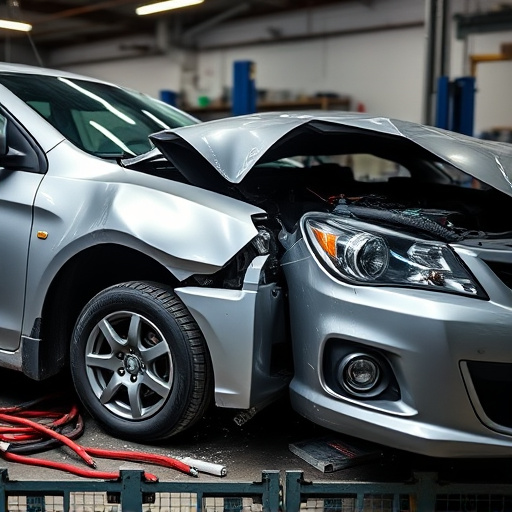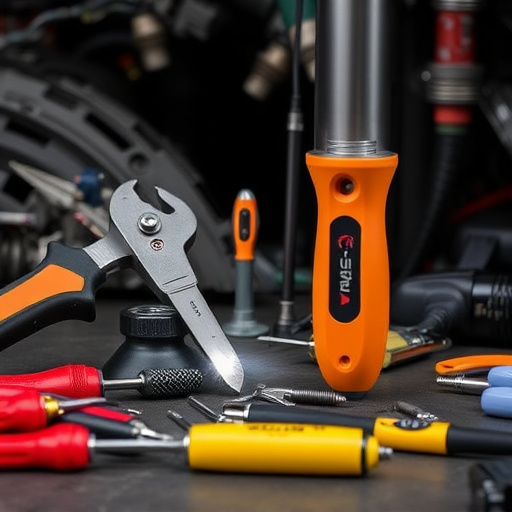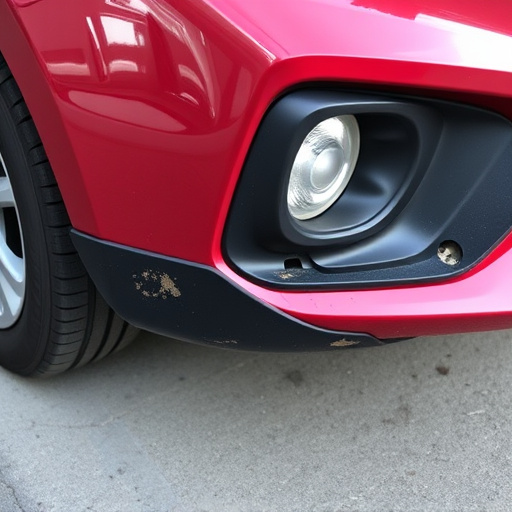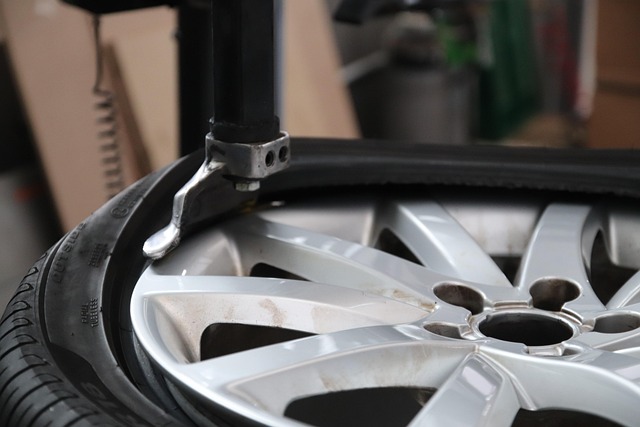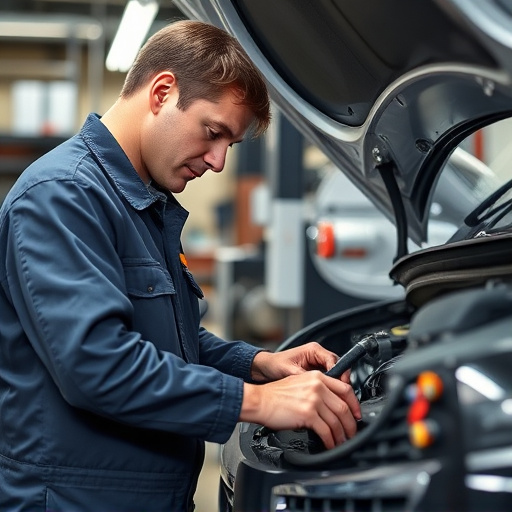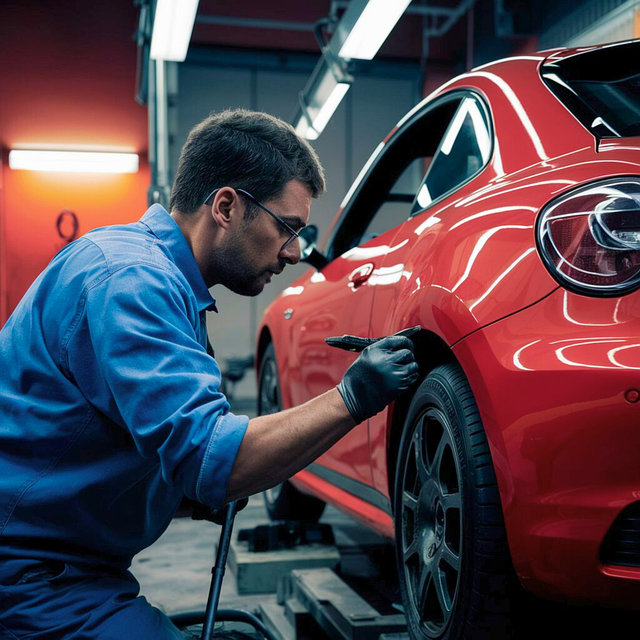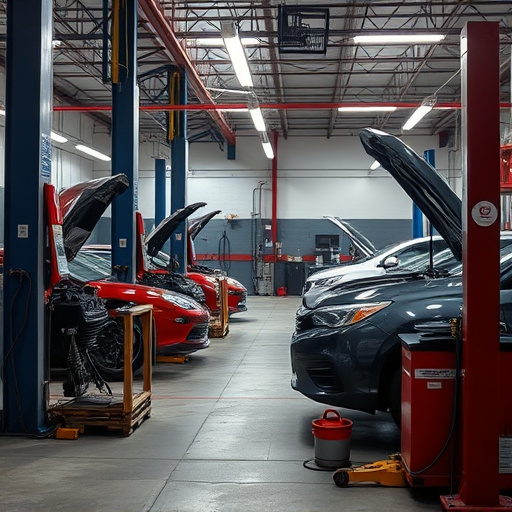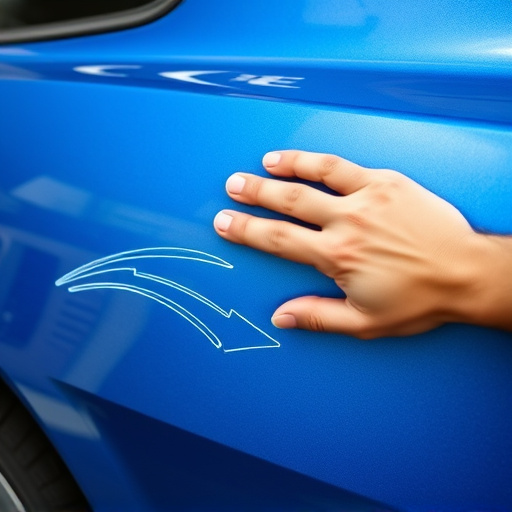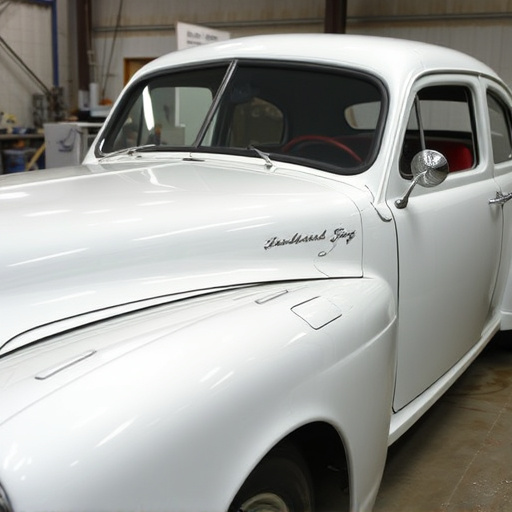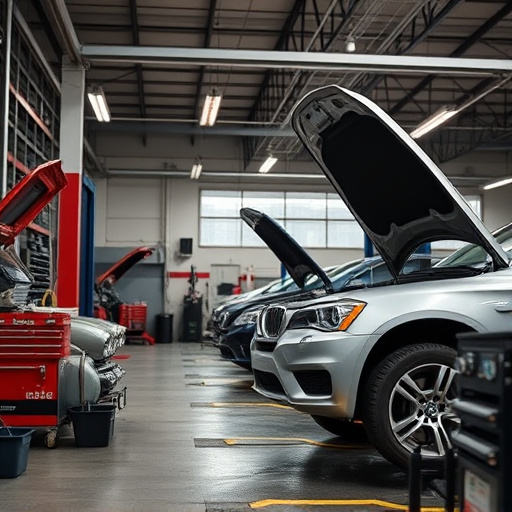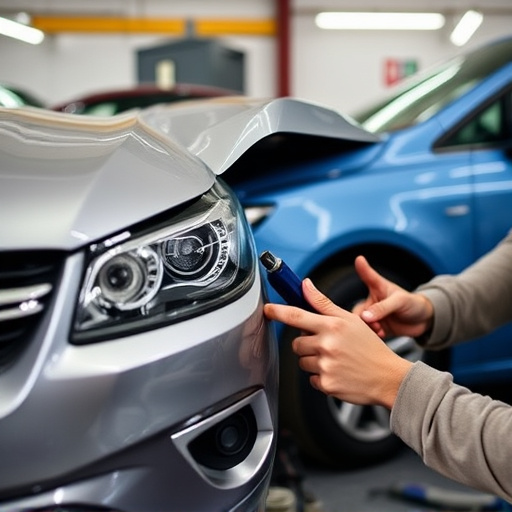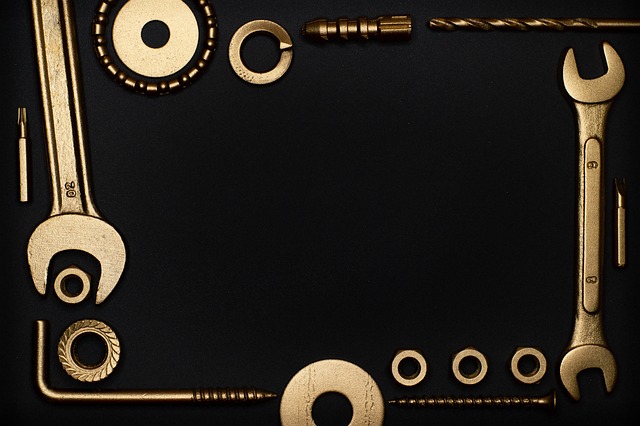By 2025, as cars evolve with advanced safety features like autonomous driving and ADAS technologies, accurate windshield molding replacement will be crucial for maintaining both safety and aesthetics. Technological advancements, including robotics, CAD software, 3D printing, and lightweight materials, are transforming WMR processes to enhance precision, efficiency, and sustainability. Environmental considerations drive the adoption of eco-friendly materials and production methods, with Mercedes Benz repair specialists leading this trend.
In 2025, despite technological leaps, windshield molding replacement remains a critical aspect of automotive safety. This article delves into the enduring significance of proper molding in crash scenarios, exploring how it contributes to vehicle structural integrity and passenger protection. We examine modern advancements that streamline replacement processes while discussing environmental sustainability concerns for these essential components. By considering both innovation and eco-friendliness, we underscore why windshield molding replacement is a vital, evolving component of automotive maintenance.
- The Enduring Significance of Windshield Molding in Automotive Safety
- Technological Advancements and Their Impact on Molding Replacement Practices
- Environmental Considerations and the Future Sustainability of Windshield Moldings
The Enduring Significance of Windshield Molding in Automotive Safety
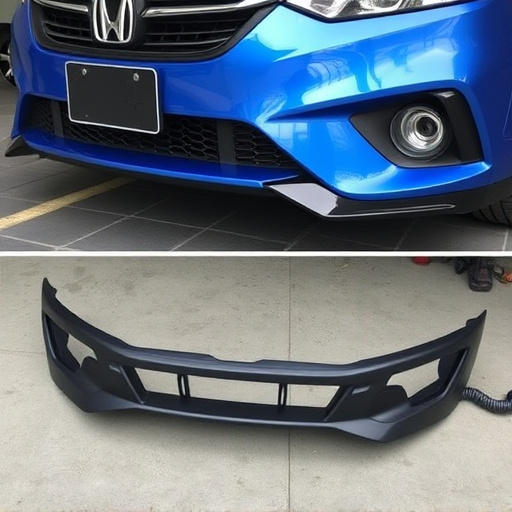
The windshield plays a critical role in vehicle safety, offering protection to drivers and passengers from impacts and debris. Windshield molding replacement is an essential aspect of maintaining this vital component’s integrity. Despite advancements in auto technology, the basic design and function of windshields remain unchanged, highlighting the enduring significance of proper molding. This molding not only enhances the structural strength of the windshield but also ensures it remains secure during accidents, preventing potential life-threatening hazards.
In 2025, as vehicles continue to evolve with autonomous features and advanced driver assistance systems (ADAS), the need for reliable auto body repair, including windshield molding replacement, cannot be overstated. Accurate molding ensures that these technologies function optimally, as even minor imperfections can disrupt sensor readings or cause misalignments, compromising safety features like lane-keeping assist and forward collision warning. Moreover, car bodywork services specializing in windshield molding replacement contribute to the overall aesthetic appeal of vehicles, ensuring they look their best while also providing the necessary structural support for safe driving.
Technological Advancements and Their Impact on Molding Replacement Practices

Technological advancements have undoubtedly reshaped various sectors, and the automotive industry is no exception. In 2025, as we continue to march forward in a digital age, windshield molding replacement practices have evolved significantly from traditional methods. Modern technologies offer precision and efficiency like never before. For instance, advanced robotics and computer-aided design (CAD) software enable precise measurements and seamless windshield molding installations, ensuring better fitment and structural integrity.
Additionally, the integration of 3D printing technology in collision repair services has opened up new possibilities for windshield molding replacement. This innovative approach allows for the creation of custom molds, catering to unique vehicle bodywork designs. Furthermore, with the rise of autonomous vehicles, there’s an increased focus on lightweight materials and advanced manufacturing processes, which will likely influence future windshield molding replacement practices, ensuring faster repairs and enhanced safety features in car dent repair procedures.
Environmental Considerations and the Future Sustainability of Windshield Moldings
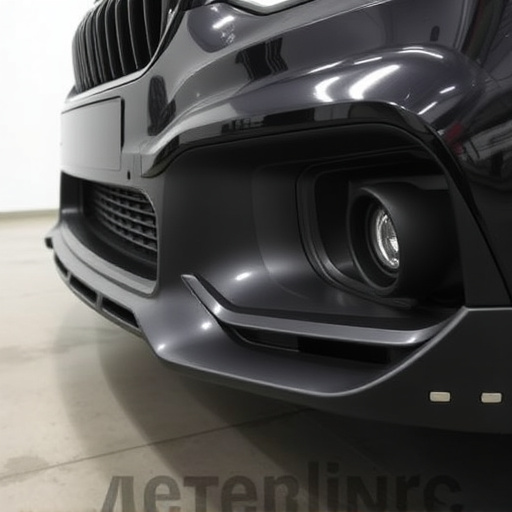
As we move into 2025, environmental considerations are at the forefront of every industry’s agenda, and the automotive sector is no exception. Windshield molding replacement plays a significant role in ensuring the sustainability of vehicle construction. While advancements in technology have led to more environmentally friendly manufacturing processes for cars, the materials used in windshield moldings still require careful consideration.
The traditional materials used in these components often contain harmful substances that can impact the environment and human health. However, with an increased focus on eco-friendly practices, many car repair shops and collision repair centers are now offering options for more sustainable windshield molding replacements. Mercedes Benz repair specialists, for instance, are at the vanguard of this trend, utilizing recycled materials and innovative production methods to reduce the carbon footprint of their products. This shift towards greener alternatives not only benefits the planet but also ensures that vehicles remain safe and reliable, catering to the evolving needs of environmentally conscious consumers in 2025 and beyond.
Despite advancements in technology, windshield molding replacement remains a vital aspect of automotive safety and environmental sustainability in 2025. While new materials and manufacturing techniques offer improved performance, the unique properties of traditional windshield moldings ensure their continued relevance. Balancing innovation with proven safety standards, automakers must navigate evolving consumer expectations and regulatory landscapes. By embracing sustainable practices and exploring eco-friendly alternatives, the industry can minimize its environmental footprint without compromising on the integrity of vehicle structures. Thus, effective windshield molding replacement remains a key strategy to enhance safety, reduce waste, and meet the evolving demands of the automotive market.
